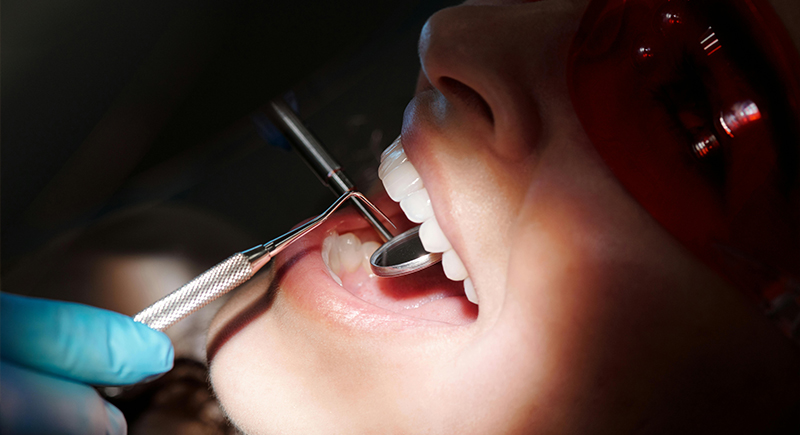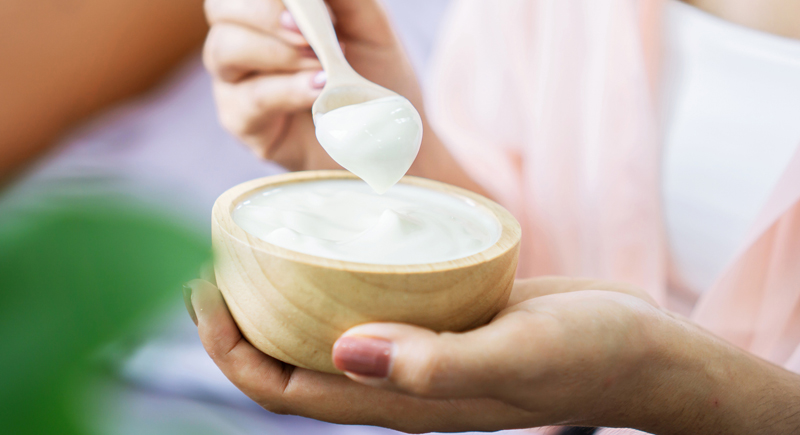Easy Tips to Outsmart the Challenges of Aging
Everyone ages! It’s a natural process, and there’s no two ways about it. Having said that, with a little care and effort, you can keep feeling strong, sharp, and full of life. These easy-to-follow tips follow practical advice for keeping your mind and body in great shape as the years roll by.
Diet

Credits: pexels
What you eat fuels every part of your body, so make it count. Swap heavily processed foods for nutrient-dense options like fresh vegetables, whole grains, and omega-3 rich fish. These foods help combat chronic diseases and oxidative stress. Oxidative stress is what accelerates cell damage, which contribute to wrinkles, inflammation, and even memory decline.
Quit Smoking

Credit: pexels
This might sound obvious, but it’s worth repeating: quitting smoking is one of the best gifts you can give yourself. Smoking harms nearly every organ in your body, shortening your lifespan by up to 10 years. Even if you’ve smoked for decades, quitting can reverse damage almost immediately. Within 24 hours, your risk of heart attack begins to drop, and after one year, your heart disease risk is half that of a smoker. It’s never too late to reclaim those lost years.
Avoid Alcohol

Credit: pexels
As far as alcohol is concerned, a little indulgence is mostly harmless, but it’s nonetheless a sneaky contributor to aging. Drinking excessively damages your liver, dehydrates your skin, and increases your risk of diseases like dementia. When drinking alcohol, make sure to stay hydrated by pairing every drink with a glass of water to help your body recover.
Get Quality Sleep

Credit: pexels
Sleep is often called nature’s medicine, and for good reason. During deep sleep, your brain clears out toxins linked to Alzheimer’s disease, while your skin produces collagen to maintain elasticity. Chronic sleep deprivation accelerates aging, increases stress hormones, and even weakens your immune system.
See a Geriatrician

Credit: flickr
As you age, your healthcare needs shift. Partner with a doctor who understands the nuances of aging. They’ll track changes in vital markers like cholesterol, bone density, and hormone levels. A good doctor isn’t just reactive—they help you anticipate and prevent all the potential problems that come with aging.
Choose Healthy Fats

Credit: Wikimedia Commons
Not all fats are bad. In fact, omega-3 fatty acids, found in foods like salmon, walnuts, and flaxseeds, are essential for your heart, joints, and brain. Studies show that people who consume omega-3s regularly have a ∼20% lower risk of dementia and cognitive decline as they age. These fats also reduce your risk of chronic conditions like arthritis.
Rethink Portion Sizes

Credit: Wikimedia Commons
You might think portion control is only for weight management, but you’d be wrong. Eating smaller meals actually supports longevity by reducing strain on your organs. Listen to your body: eat when you’re hungry, but focus on quality over quantity. A smaller, satisfying meal beats a large, sluggish feast any day.
Protect Your Skin

Credit: pexels
Did you know that up to 90% of visible aging in your skin is caused by sun exposure? UV rays break down collagen, which leads to wrinkles, sagging, and dark spots. Use a broad-spectrum sunscreen daily, even on cloudy days, to protect your skin from premature aging and reduce your risk of skin cancer. Adding a vitamin C serum to your skincare routine can also help repair damage and brighten your complexion.
Don’t Neglect Your Teeth

Credit: pexels
Your oral health is more connected to your overall health than you might think. Gum disease has been linked to heart disease, diabetes, and even Alzheimer’s. Regular brushing, flossing, and dental checkups can prevent bacteria from entering your bloodstream and causing inflammation. Plus, a healthy smile keeps you looking younger and feeling confident.
Stay Active

Credit: pexels
Exercise is one of the best anti-aging tools available. You don’t have to hit the gym daily—gardening, dancing, or even a brisk walk counts. Regular activity strengthens your muscles and improves circulation. Mix things up with low-impact exercises like yoga or swimming, which are gentle on your joints but keep you mobile.
Manage Stress

Credit: pexels
Stress can wreak havoc on your body over time. Chronic stress is linked to everything from heart disease to memory problems. Find what calms you: meditation, a quiet hobby, or simply sitting outside in fresh air. Even five minutes of mindful breathing can reset your mood and lower stress levels.
Get Preventative Health Checks

Credit: pexels
Preventative care might seem unnecessary, but it absolutely saves lives. Tests like colonoscopies, mammograms, and cholesterol checks catch potential issues early, giving you the best chance of successful treatment. For example, 90% of cancers can be successfully treated if detected early.
Stay Connected with Others

Credit: pexels
Our modern world doesn’t encourage communities like it used to. Isolation can sneak up as we age, but maintaining social connections keeps you grounded and happier. Call a friend, join a club, or volunteer. Conversations and shared experiences strengthen your mental health and give you a sense of belonging.
Consider Supplementation

Credit: pexels
Even the healthiest diet can miss key nutrients. Plus, your body’s ability to absorb certain nutrients decreases with age, which makes supplementation even more important. Calcium and vitamin D support bone health, while omega-3s promote brain function. Magnesium can aid in sleep and muscle relaxation. However, too much of a good thing can be harmful—always consult your doctor to tailor supplements to your needs.
Embrace a Growth Mindset

Credit: flickr
How you view aging shapes your experience of it. People with a positive perspective on growing older often enjoy better health and longer lives. Focus on what you can do rather than what’s behind you. New hobbies, goals, or skills can keep your mind active and give you something to look forward to every day.
Prioritize Gut Health

Credit: iStockphoto
Your gut influences how well you age, affecting digestion, immunity, and even mood. A diet rich in fiber from beans, fruits, and greens supports a balanced microbiome. Add yogurt or kefir for probiotics. When your gut thrives, everything from energy to skin health gets a natural boost.
Keep Hydrated

Credit: pexels
Hydration is key to healthy aging. Water cushions joints, keeps skin elastic, and supports organ function. Aim for approximately 64 ounces (1.9 liters) daily, or more if you’re physically active. Add herbal teas or water-rich foods, such as cucumbers and berries, to stay refreshed and maintain steady energy throughout the day.